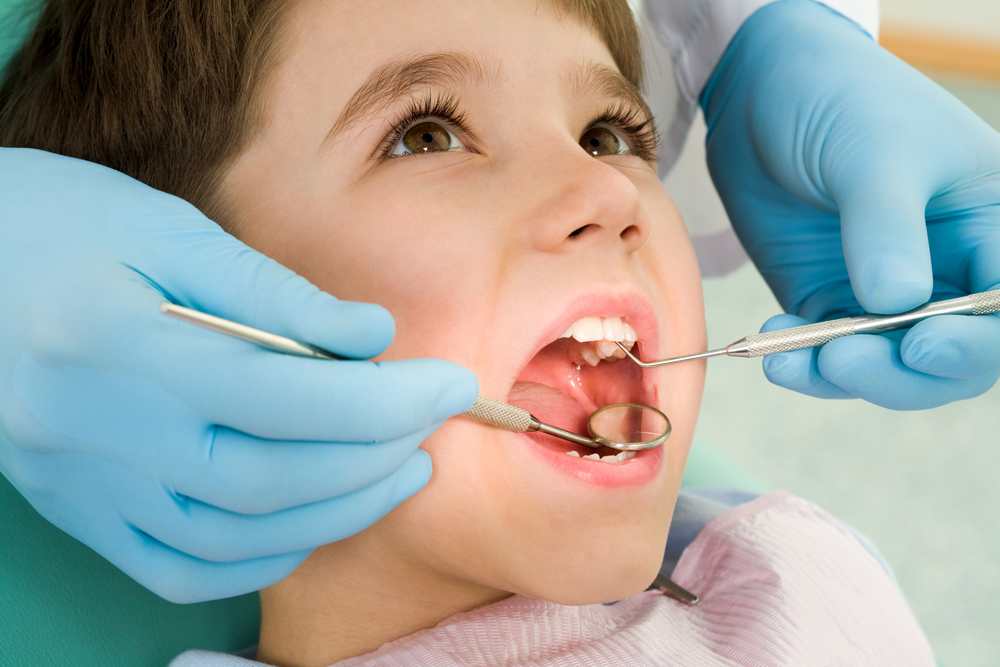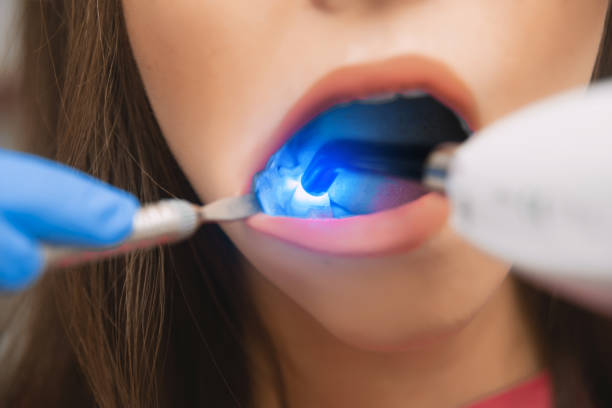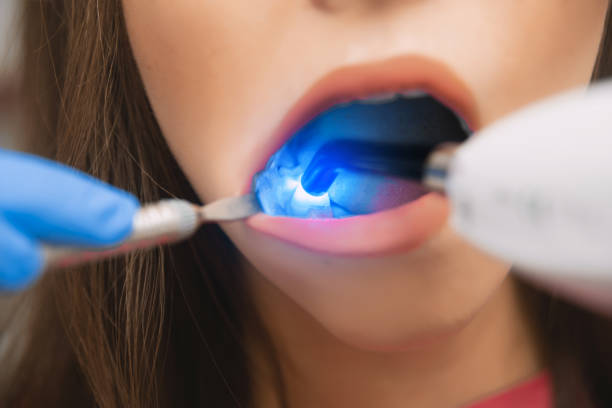The Silent Threat: Understanding Gum Disease and Its Impact on Oral Health

Your gums do more than hold your teeth in place—they’re the foundation of a healthy smile. Yet, gum disease, often called the “silent threat,” can quietly compromise your oral health without obvious warning signs. This common condition, affecting millions, goes beyond bleeding gums or bad breath; left unchecked, it can lead to serious issues like tooth loss and even impact your overall health.
Understanding gum disease is key to preventing its progression and protecting not just your smile but your well-being. In this guide, we’ll break down what gum disease is, its early signs, and how you can stop it in its tracks. From simple habits to professional care, there are effective ways to keep your gums healthy for life. Let’s delve into the essentials of gum health and why paying attention now can save you from bigger problems down the road.
What are the early signs and symptoms of gum disease?
Early detection of gum disease is essential to prevent its progression. Here are some common signs and symptoms to watch for:
- Red or Swollen Gums: Healthy gums should be pink and firm. If the gums appear red or swollen, it may indicate the beginning of gum disease.
- Bleeding Gums: Gums that bleed easily, especially during brushing or flossing, are a common early symptom of gingivitis, the first stage of gum disease.
- Bad Breath (Halitosis): Persistent bad breath, even after brushing, can indicate gum infection due to bacteria buildup in the mouth.
- Tender or Painful Gums: Gums that are painful to the touch or bleed when eating hard foods may be a warning sign of gum disease.
- Receding Gums: A noticeable pulling back of the gums from the teeth, leading to longer-looking teeth, can be a sign of gum disease progression.
- Loose Teeth: Gum disease can affect the bone and tissues that hold teeth in place, causing teeth to loosen.
- Pus Between Teeth and Gums: Pus or abscesses around the gums indicate infection and should be addressed immediately.
- Changes in Bite: If your bite feels different or your teeth don’t align as they once did, this could be due to gum disease.
If you notice any of these symptoms, it is important to visit a dentist as soon as possible to prevent further damage.
How does gum disease affect overall health beyond oral health?
Gum disease impacts your oral health and can significantly affect your overall health. Here are some ways gum disease can affect the body:
- Heart Disease: Studies suggest a link between gum disease and an increased risk of heart disease. The inflammation caused by gum disease can contribute to the hardening of arteries and blood vessel damage, which can lead to heart attacks and strokes.
- Diabetes: Gum disease can make it harder to control blood sugar levels. Conversely, poorly controlled diabetes increases the risk of developing gum disease. This creates a cycle that can worsen both conditions.
- Respiratory Issues: Bacteria from infected gums can enter the bloodstream and be inhaled into the lungs, increasing the risk of respiratory infections, pneumonia, and chronic obstructive pulmonary disease (COPD).
- Pregnancy Complications: Pregnant women with gum disease may be at a higher risk of premature birth, low birth weight, or preeclampsia. The inflammation in the gums can trigger inflammatory responses that affect pregnancy outcomes.
- Alzheimer’s Disease: Some studies suggest that chronic gum disease may increase the risk of developing Alzheimer’s by promoting inflammation and affecting the brain.
Maintaining good oral hygiene and seeking early treatment for gum disease can reduce the risk of these systemic health problems.
What are the risk factors for developing gum disease?
Several factors can increase the risk of developing gum disease. Understanding these risk factors can help you proactively protect your oral health. Here are some common risk factors:
- Poor Oral Hygiene: Inconsistent brushing and flossing allow plaque to build up on teeth and gums, leading to gum disease.
- Smoking or Chewing Tobacco: Tobacco use significantly increases the risk of gum disease by impairing blood flow to the gums, making it harder for the body to fight infections.
- Age: The risk of gum disease increases with age. Adults over the age of 65 are more likely to experience periodontal problems.
- Genetics: A family history of gum disease can make individuals more susceptible to developing the condition, even with proper oral care.
- Diabetes: Diabetes, particularly if poorly controlled, increases the risk of gum disease. High blood sugar levels contribute to inflammation and reduced healing ability in the gums.
- Hormonal Changes: Changes due to pregnancy, menstruation, or menopause can make gums more sensitive and prone to inflammation, increasing the risk of gum disease.
- Medications: Certain medications, such as steroids, cancer treatments, and some blood pressure medications, can affect oral health by reducing saliva flow, which helps protect the gums.
- Poor Nutrition: A diet lacking essential nutrients, particularly vitamin C, can weaken the immune system and make gums more vulnerable to infection.
Addressing these risk factors and maintaining proper oral care can help prevent gum disease and protect overall health.
What are the most effective treatments for gum disease?
Effective treatments for gum disease vary depending on its severity. Here are the most common and effective options:
- Professional Cleanings (Scaling and Root Planing): For early-stage gum disease (gingivitis), professional cleaning helps remove plaque and tartar buildup that can lead to inflammation. Scaling and root planing, a deeper cleaning, is used for more advanced gum disease (periodontitis) to clean below the gum line and smooth out the roots to prevent future plaque buildup.
- Antibiotics: Topical or oral antibiotics may be prescribed to help control bacterial infection. These can be used with other treatments to reduce infection and promote healing.
- Antiseptic Mouth Rinses: Prescription antimicrobial mouthwashes can help reduce mouth bacteria and relieve inflamed gums.
- Laser Treatment: Some dental practices offer laser therapy to remove infected tissue, reduce gum inflammation, and promote faster healing with minimal discomfort.
- Surgical Procedures: In severe cases of gum disease, surgical options such as flap surgery or bone grafts may be needed to remove damaged tissue and regenerate lost bone and tissue.
- Improved Oral Hygiene: Consistent brushing, flossing, and using an antimicrobial mouthwash can prevent gum disease progression and future flare-ups.
Addressing gum disease early and following your dentist’s recommendations can reduce inflammation, prevent tooth loss, and protect your overall health.
Protect Your Smile: Learn About Gum Disease Today!
At Illume Dental of McKinney, we believe that understanding gum disease is key to maintaining a healthy smile. Gum disease, if left untreated, can lead to tooth loss and impact your overall health. Our expert team is here to help you recognize the signs, prevent progression, and provide effective treatments to protect your gums. From regular cleanings to advanced therapies, we offer personalized care tailored to your needs.
Visit Illume Dental of McKinney today to learn how to prevent gum disease and keep your smile healthy for years to come.


